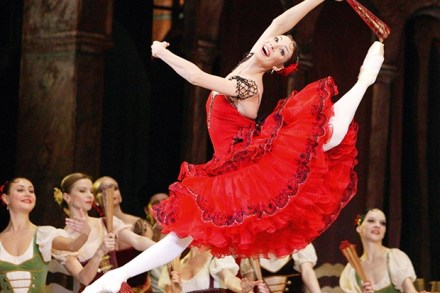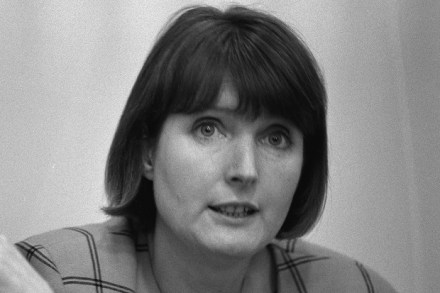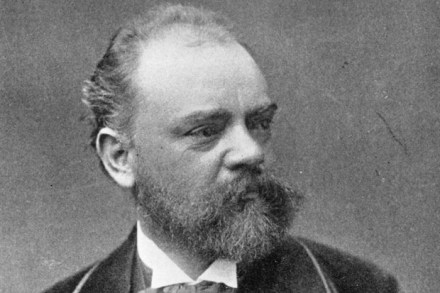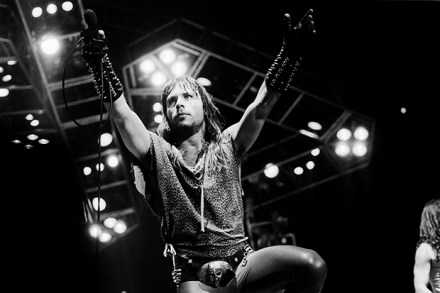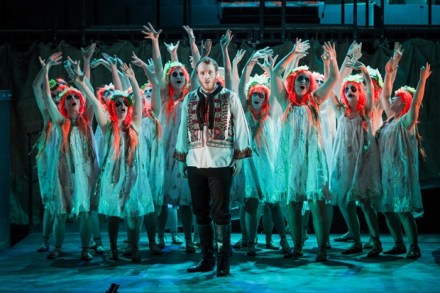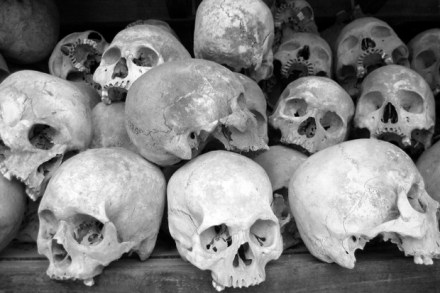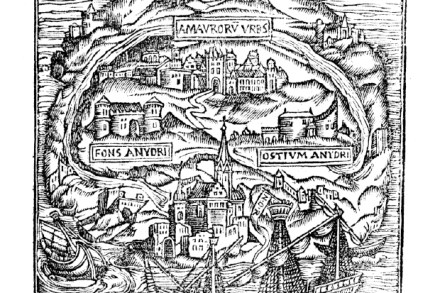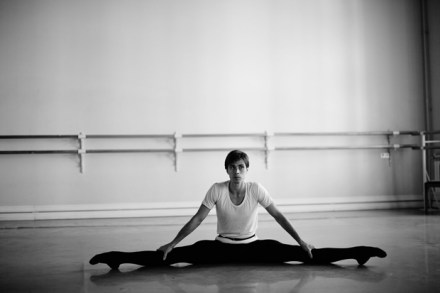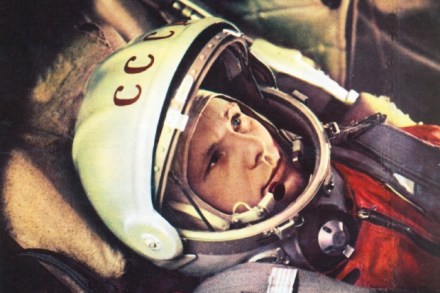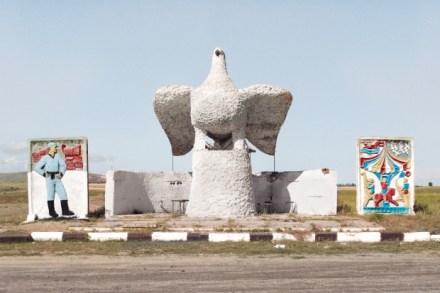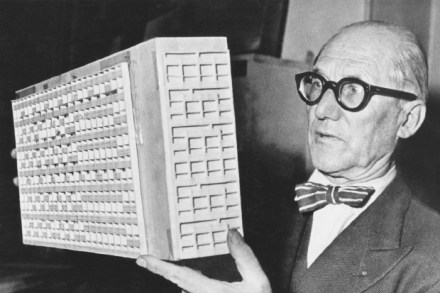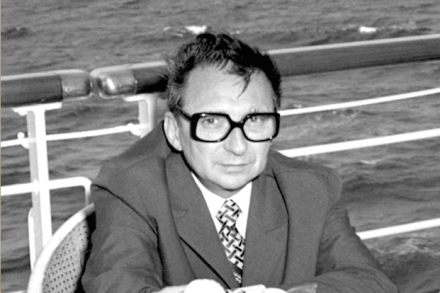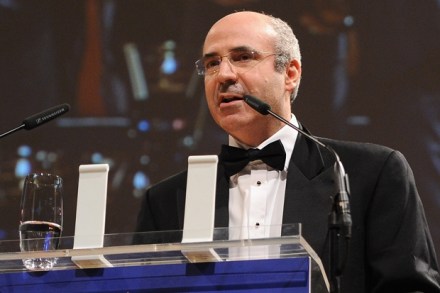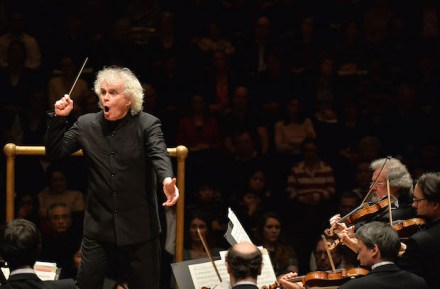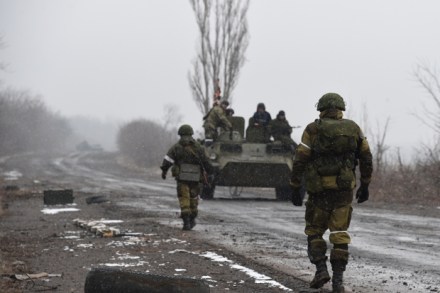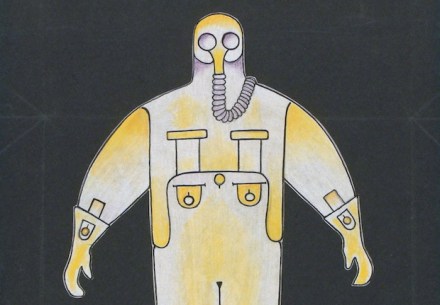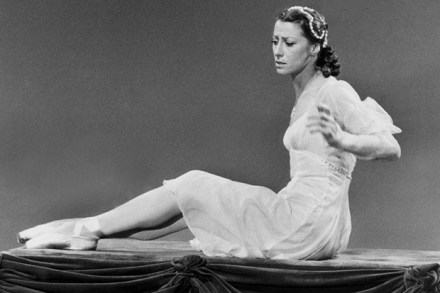Poetry in motion | 4 August 2016
For almost 60 years, whatever the political weather, Russia and Britain have maintained mutually assured respect as far as ballet is concerned. In October 1956, the Soviet Union finally allowed its Bolshoi troupe to appear in the west, in London, a state cultural exchange that should have entailed the debut of the comparatively green Sadler’s Wells Ballet in Russia within weeks. Owing to the inconvenient appearance of Soviet tanks in rebellious Hungary, it wasn’t until 1961 that the renamed Royal Ballet turned up in Moscow. (Khrushchev gushed admiringly, ‘Look at those girls — they might be Russian!’) I looked up The Spectator’s October 1956 review of that Bolshoi debut: some
